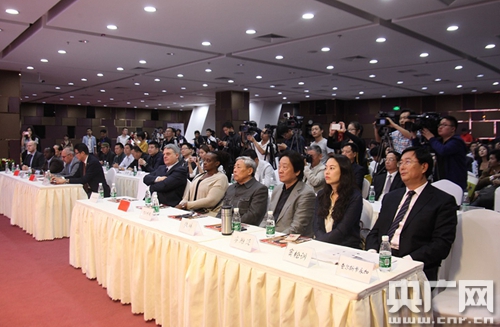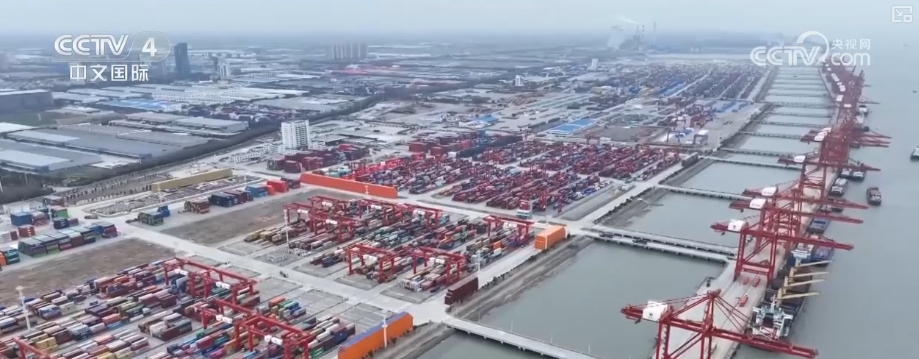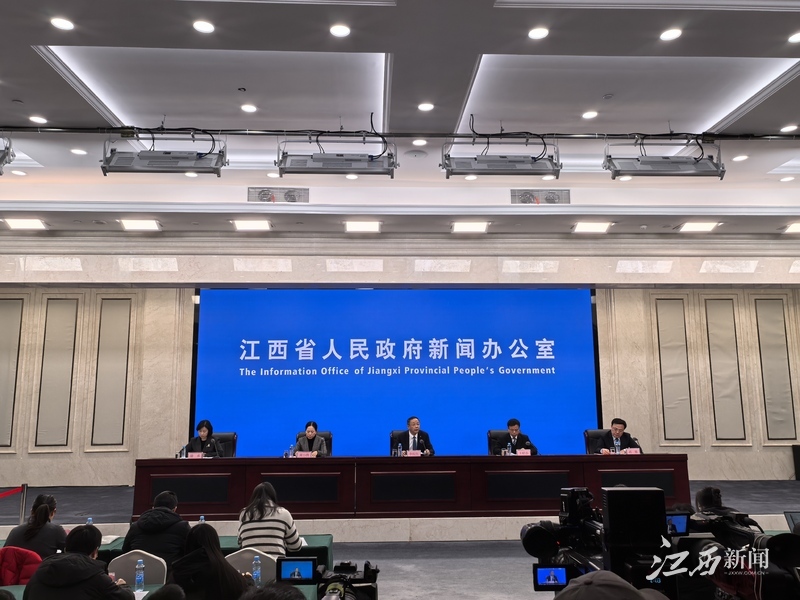Just After Meeting Modi, Wang Yi Turned Around And Was Going To Visit Pakistan? China Has Quietly Set Rules For South Asia!
Just After Meeting Modi, Wang Yi Turned Around And Was Going To Visit Pakistan? China Has Quietly Set Rules For South Asia!
Recently, after finishing his Indian trip, Wang Yi almost "turned around" to Pakistan. This is not only a reflection of China-Pakistan friendship, but also a subtle and firm diplomatic signal. Whether it is facing India's toughness or supporting Pakistan
Recently, after finishing his Indian trip, Wang Yi almost "turned around" to Pakistan. This is not only a reflection of China-Pakistan friendship, but also a subtle and firm diplomatic signal. In the current environment where China-India relations tend to ease, China also takes into account Pakistan's position, showing its superb balance ability in complex international relations.
When it comes to the dispute between India and Pakistan, the water resources issue is undoubtedly the most prominent contradiction. In recent years, the Indian government has accelerated the construction of dams and hydropower stations in the upper reaches of the Indus River. This behavior seems to be no different from a threat to the "lifeline" in Pakistan. After all, the Indus River is crucial to irrigation of farmland in Pakistan and even affects 90% of its food production. For Pakistan, water security is equivalent to national security, and the continued confrontation between the two countries on this issue undoubtedly pushes the situation to the brink of more tense.

The nationalist sentiment between the two sides has intensified their disputes on this issue. India adheres to "absolute territorial sovereignty" and believes that it has the right to develop and manage water resources; Pakistan continues to emphasize its dependence on water resources and its potential nuclear threat. This behavior of using water resources as a weapon ignores the possible dividends of cooperation and therefore makes people worry about the development of the future situation.
Wang Yi's itinerary, on the surface, is a concern for India-Pakistan relations, but in fact it contains deeper considerations. As for China, as a neighbor of this land, the conflict between India and Pakistan will undoubtedly have a direct impact on China's "Belt and Road" initiative. In particular, the China-Pakistan Economic Corridor project is the landmark project of this initiative and is always restricted by India-Pakistan relations. China's intervention at this time is not only to safeguard its own interests, but also to promote long-term stability in South Asia.
By visiting India first and then going to Pakistan, Wang Yi is obviously sending an important signal: even if China-India relations have improved, Pakistan's status cannot be ignored. Such diplomatic operations not only avoid "neglect" of Pakistan, but also hope to ease the friction between India and Pakistan by enhancing China-Pakistan relations and achieve relative stability in the region.

Looking back on history, although South Asia is a gathering place for developing countries, the complexity of the situation in recent years has repeatedly hindered the pace of regional cooperation. With the support of the United States, India has a hostile attitude towards China-Pakistan cooperation and has even launched a series of targeted actions. In this case, China's "seamless connection" diplomacy just provided an opportunity for the restoration of the three-state relations. China has tried to build a bridge of communication between China, India and India and Pakistan to prevent the situation from deteriorating further, and has also injected new impetus into regional stability.
From an economic perspective, Wang Yi's visit this time is also of profound strategic significance. As one of the major economies in the world, India has great potential in the fields of trade and investment; while Pakistan, as an important participant in the "Belt and Road", its economic development depends to some extent on China's support. Therefore, by simultaneously promoting economic cooperation with the two countries, China can effectively safeguard its influence in the region and promote mutual benefit and win-win results.

Wang Yi's visit is on the surface a routine arrangement for diplomatic activities, but in fact it reflects China's response wisdom and strategic choices in complex international relations. In the current era of increasingly obvious anti-globalization trend and changing international situations, what China has shown is not only the pursuit of interests of a single country, but also the concept of peaceful coexistence and common development.
Whether in the face of India's toughness or support for Pakistan, China is working hard to find a balance, and while ensuring national interests, it also hopes to contribute to regional and global stability. This pragmatic foreign policy is worth learning from other countries, especially Western countries. In the complex international environment, only by maintaining communication and cooperation can a truly win-win situation be achieved.





